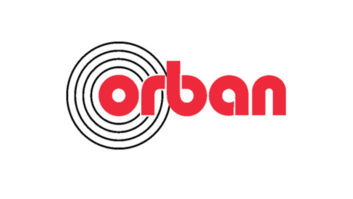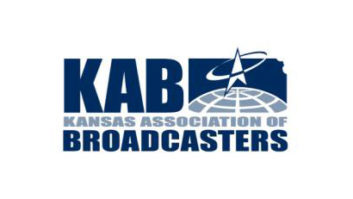
I’m not making this up.
New Year’s Eve, 2 a.m., a DJ who worked for me decided nobody was listening, so she signed the station off the air and left to go to a party.
Yes, she actually turned off the transmitter. And at that point there was no automation at this station.
Perhaps she was correct about a lack of audience, because as the program director, I did not get a call until 5:15 a.m., when her relief arrived. He’d wondered what was wrong during his drive to the station because he’d heard nothing but static. Figuring there’d been a massive power failure, he was surprised when he could turn the studio lights on, so he knew something was amiss.
At first I thought it must have been a personal emergency. Perhaps she couldn’t reach anyone, and she had no choice but to turn off the radio station and leave. But when I finally reached her later that afternoon, she actually expressed that she’d really, really wanted to go to that party; and what the hey, she was quitting anyway.
Then something even more amazing happened.
About six weeks later, she got a great job doing afternoon drive in another major market. How? Simple: Nobody from her new station ever called me for a reference.
Whether you’re hiring on-air performers, sales talent, operations people or engineers, here are a few suggestions I’ve learned both the hard way and from interacting with peers.
DO YOUR HOMEWORK
If you’re a hiring manager and you don’t check up on applicants prior to hire, you have only yourself to blame when bad history repeats itself. If you’re convinced that checking references is a waste of time, you haven’t spoken to enough former employers and co-workers.
Over many years of hiring people, I’ve come across those expected few occasions when references have been subtly negative about a former colleague’s performance and behavior. I’ve also called references expecting to hear amazing things about the candidate, who said just the opposite. And then there are times I’ve connected with a reference only to discover that they do not have any interest in speaking about the candidate at all.
There have been a few occasions when I get something so negative from one person and not from another that I’ve called the first person back to try to make more sense of it. I’ve also had to ask a candidate for additional references in order to get a better perspective.
You should contact at least three references given to you by the candidate. Whenever possible, I also try to network my way to people we know in common in an attempt to dig out an honest review of a candidate’s prior performance.
Is it fair to cold-call an applicant’s former employer without their permission? No, it is not. However, if asked and the candidate doesn’t give you permission to do so, I would seriously wonder why they don’t want the connection to happen; I’d ask them to explain.
It is most certainly never cool to contact a current employer without permission.
It’s typical to reach a reference by telephone. But why stop there? For a number of years now, I’ve Skyped with a few of them if they’re game. It’s amazing how much more one can read from facial expressions and body language.
What about background checks on a finalist prior to an offer? Sometimes you learn things about candidates that, while not truly relevant to past performance, can speak to integrity. For example, you may learn that a candidate was convicted of shoplifting many years in the past.
Ask a candidate this key question directly prior to a background check: “Is there anything in your past that’s going to come out of a background check that you’d like to tell me about now?” If they say “yes” and you wish to ask about it, you may hear how happy or grateful they are to have changed. If they say “no” and you later learn that they were convicted of check fraud, you’ll have to decide if you feel comfortable hiring someone who is less than truthful.
Finally, turnaround is fair game. I’ve always invited final candidates to check out my past by talking to former or current employees of mine. Few do, but they should, because accepting a job has life-changing consequences.
The author is president of Lapidus Media and a longtime contributor. Find more of his Promo Power column atradioworld.com/promopower.












